What’s the Buzz
The Bee Healthy Blog
The Dangers of Mixing Alcohol and Medication

If you take prescription medication or even over-the-counter products, you should be aware of their potential adverse effects when combined with alcohol. Although moderate use of alcohol, like red wine, is associated with health benefits including reduced risk of heart disease and diabetes[1]—mixing alcohol and medication can result in increased side effects to potentially life-threatening situations such as overdose, or even death[2]. Here is what you should know about the possible dangers of mixing alcohol and medication.
What Happens When You Mix Prescription Drugs and Alcohol?
The effects of alcohol when combined with medications will vary depending on the classification of the medication. Some common interactions include:
- Causing medications to be less effective
- Worsening medication side effects
- Intensifying the effects of alcohol
Other common symptoms that can occur include:
- Changes in blood pressure—usually a rise in blood pressure
- Dizziness
- Headaches
- Lack of coordination that can lead to fall and injury
- Nausea and vomiting
- Diarrhea
- Mood swings
According to The National Institute on Abuse and Alcoholism, compared to their male counterparts, women are at a higher risk for complications caused by this type of interaction. Since women have proportionally more body fat and less water content than men of similar body weights, the alcohol in their bloodstream typically reaches a higher level than in a man’s with the same amount of alcohol being consumed.
Elderly people also are at particularly higher risk of harmful alcohol-medication interactions. Aging slows the body’s ability to break down alcohol, so alcohol remains in a person’s system longer. In addition, geriatric populations are more likely to take a medication that interacts with alcohol, such as blood thinners[2]—adults aged 65 and older take on average four prescription drugs daily[3].
Examples of Medications that Interact with Alcohol
Note: These are not the only drugs that interact with alcohol. Consult with your doctor or pharmacist to determine if it is safe to consume alcohol while on your medication.
Painkillers:
Mixing alcohol with over-the-counter pain medications that contain acetaminophen, such as Tylenol®, can be dangerous. Alcohol and acetaminophen are both broken down in the liver. When the liver is busy processing alcohol, it can’t deal with the extra work acetaminophen requires, causing the drug to build up in the body, potentially leading to serious liver damage. On the other hand, NSAIDs (non-steroidal anti-inflammatory drugs) are another commonly-used over-the-counter, analgesic class. Motrin (ibuprofen) or Aleve® (Naproxen) are examples of NSAIDs. Concurrent and frequent use of alcohol and NSAIDs can cause upset stomach, and ultimately stomach bleeding and ulcers.
One of the most dangerous combinations is alcohol and opioid pain medications. Opioids alone can cause drowsiness, dizziness, slowed or impaired breathing, impaired motor control, abnormal behavior, and memory loss. Adding alcohol to the equation intensifies the effects of both alcohol and opioids, and thus can lead to increased risk of fatal overdose[2].
Avoid alcohol completely if you’re taking any of the following:
Attention Deficit Hyperactivity Disorder (ADHD) Medications
Combining ADHD prescription drugs such as Adderall®, Ritalin®, Vyvanse®, and Strattera® with alcohol can have the following side effects:
- Dizziness
- Drowsiness
- Poor concentration
- Heart problems
- Liver damage
Muscle Relaxants
Muscle relaxants are commonly used to treat muscle pain or spasm, as well as certain kinds of headaches. Combining these prescription drugs with alcohol can cause serious side effects including drowsiness, dizziness, slowed or impaired breathing, abnormal behavior, memory loss, impaired motor control, and seizures.
You should avoid alcohol with prescription muscle relaxants such as:
- Flexeril® (cyclobenzaprine)
- Soma® (carisoprodol)
Hypertension Medications
Combining alcohol with medications used to treat hypertension (high blood pressure) can cause dizziness, fainting, drowsiness, and arrhythmia (irregular heartbeat).
You should avoid drinking alcohol if you take prescription drugs to treat high blood pressure, such as:
- Accupril® (quinapril)
- Capozide® (captopril/hydrochlorothiazide)
- Cardura® (doxazosin)
- Catapres® (clonidine)
- Cozaar® (losartan)
- Hytrin® (terazosin)
- Lopressor® HCT (metoprolol/hydrochlorothiazide)
- Vaseretic® (enalapril/hydrochlorothiazide)
(Note that some of the above medications are also used to treat benign-prostate hypertrophy.)
Antibiotics
Alcohol can affect how well some antibiotics work. According to MedlinePlus, drinking even a small amount of alcohol on the common antibiotic Flagyl® (metronidazole) can cause a disulfiram-like reaction, causing extreme nausea, vomiting, headache, low blood pressure with increased heartbeat. You should avoid alcohol while you are taking Flagyl and for three days after the last dose.
You should also avoid combining alcohol on these antibiotics:
Allergy, Cold, and Flu Medications
You should refrain from alcoholic beverages if you are taking allergy medications or any cold/flu combination medication such as a decongestant. A lot of over-the-counter allergy, cold, and flu medication contain antihistamine, which can cause drowsiness, so combining these products with alcohol intensifies the drowsy effect that can potentially lead to dangerous situations, like a fall or potential motor vehicle accident.
It’s advised to avoid alcohol if you are taking the following allergy, cold, and flu drugs:
- Alavert® (loratadine)
- Allegra® (fexofenadine) or Allegra-D® (fexofenadine/pseudoephedrine)
- Benadryl® (diphenhydramine)
- Clarinex® (desloratadine)
- Claritin® (loratadine) or Claritin-D® (loratadine/pseudoephedrine)
- Dimetapp® Cold and Allergy (brompheniramine/phenylephrine)
- Sudafed® Sinus and Allergy (chlorpheniramine/phenylephrine)
- Triaminic Cold and Allergy (brompheniramine/phenylephrine)
- Tylenol® Cold and Flu (acetaminophen/dextromethorphan/guaifenesin/phenylephrine)
- Zyrtec® (cetirizine)
Erectile Dysfunction Medications
Consuming alcohol and taking prescription drugs for erectile dysfunction such as Tadalafil can lower blood pressure and cause dizziness. Alcohol can also cause erectile dysfunction, so it’s beneficial to minimize/avoid alcohol consumption if you are already experiencing underlying erectile dysfunction.
Antidepressants
In addition to worsening the side effects of antidepressant medications, mixing alcohol with these drugs can also make symptoms of depression worse.
If you are being treated for depression or another mental health condition such as an anxiety disorder, bipolar disorder, post-traumatic stress disorder, or obsessive-disorder, you may need to limit or completely avoid alcohol if you take one or more of the following medications:
- Anafranil® (clomipramine)
- Celexa® (citalopram)
- Effexor® (venlafaxine)
- Elavil® (amitriptyline)
- Lexapro® (escitalopram)
- Luvox® (fluvoxamine)
- Norpramin® (desipramine)
- Paxil® (paroxetine)
- Prozac® (fluoxetine)
- Serzone® (nefazodone)
- Wellbutrin® (bupropion)
- Zoloft® (sertraline)
Diabetes Medications
If you take prescription drugs for diabetes such as Metformin, Glyburide, and Glipizide combining alcohol can cause:
- Low blood sugar levels
- Rapid heartbeat
- Headache
- Sudden changes in blood pressure
Sleep Aids
Medications used to treat insomnia or help you fall and stay asleep should never be mixed with alcohol. The sedating effect of these drugs can be intensified by alcohol, leading to slowed or impaired breathing, impaired motor control, abnormal behavior, memory loss, and fainting.
In some cases, a fatal overdose can occur if sleep aids are mixed with alcohol because both substances affect the body’s central nervous system, which controls your breathing, heart rate, and brain function.
Do not consume alcohol if you are taking any of these sleep aids:
- Ambien® (zolpidem)
- Lunesta® (eszopiclone)
- Prosom® (estazolam)
- Restoril® (temazepam)
- Unisom® (doxylamine)
There are hundreds of prescription medications and over-the-counter drugs that interact with alcohol. The side effects are risky—always read medication labels, and if you’re not sure, ask your doctor or pharmacist about the potential interactions. Here are few resources you can use as a guide:
FDA Drug Interactions: What You Should Know
Medline Plus
[1] https://www.alcohol.org/mixing-with/
[2]https://www.niaaa.nih.gov/publications/brochures-and-fact-sheets/harmful-interactions-mixing-alcohol-with-medicines
[3] https://assets.aarp.org/rgcenter/health/rx_midlife_plus.pdf
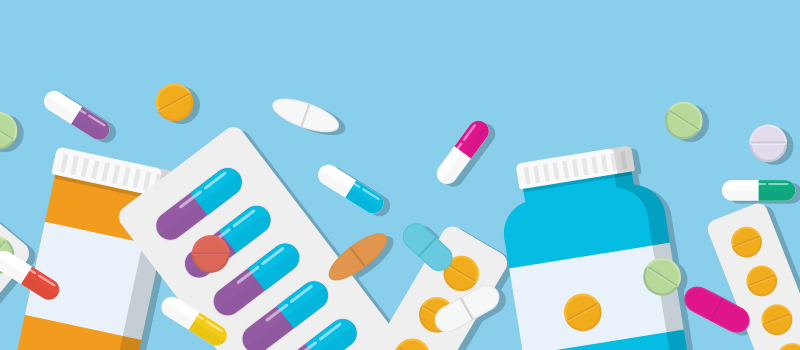
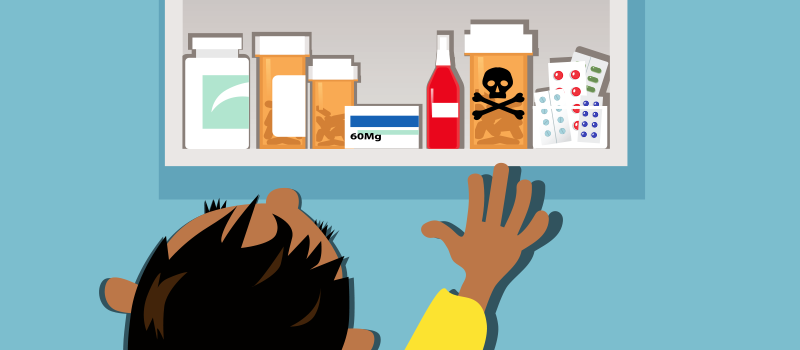
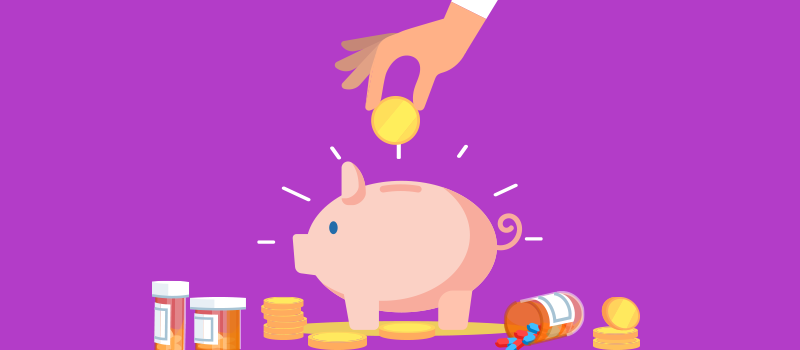
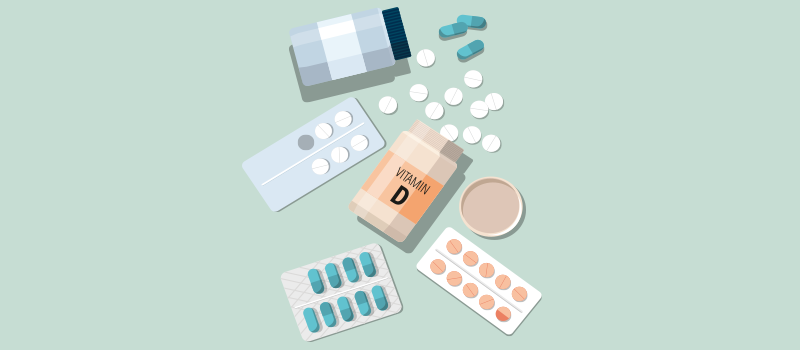

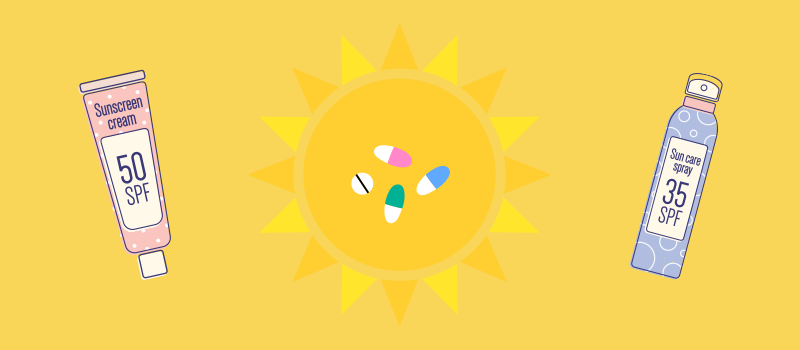

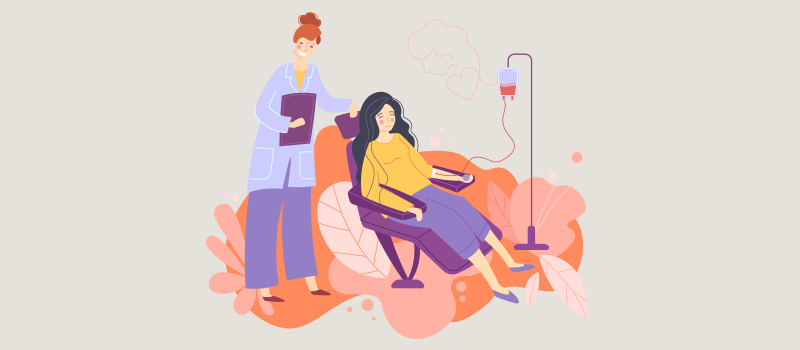


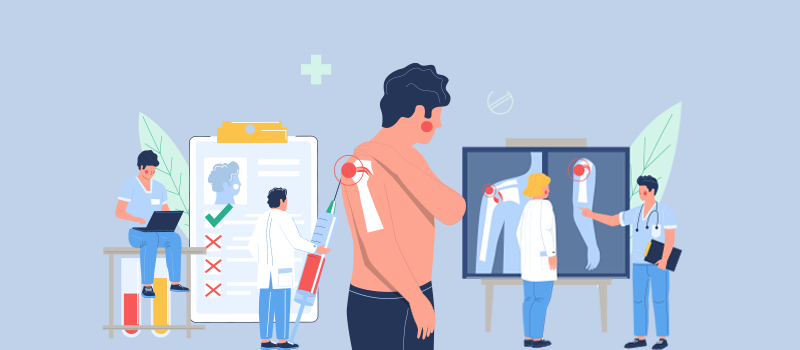
SOCIAL